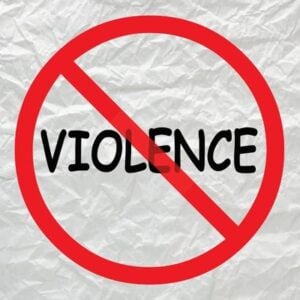A cholera outbreak has struck the Dougui refugee settlement in eastern Chad, where Sudanese refugees from Darfur are sheltering, causing 264 reported cases and 12 deaths as of early August. Additional suspected cases have appeared in the Treguine settlement and along border locations, which host a significant portion of new arrivals. In Adre, the largest spontaneous refugee site with over 235,000 people, three suspected cases are under investigation, raising fears of wider spread.
The crisis mirrors an even graver situation in Darfur, where over 4,300 cholera cases and 113 deaths have been recorded. Overcrowding, scarce clean water, and inadequate sanitation in both Chad and Sudan are accelerating the disease’s transmission. In Darfur, many displaced people are living in abandoned public buildings without access to basic services, while ongoing violence and displacement, including in the Kordofan region, continue to worsen living conditions.
Seasonal rains, impassable roads, and persistent insecurity have further obstructed humanitarian aid delivery, farming, and access to essential services, deepening famine risks. In Chad, UNHCR has paused refugee relocations from the border to Dougui to curb the outbreak, while distributing medical supplies, disinfecting latrines, setting up handwashing stations, and training health workers to detect and respond to cases.
UNHCR is urgently appealing for $130 million in flexible funding to assist around 800,000 people in Darfur and eastern Chad, combat the cholera outbreak, relocate 239,000 refugees from the Chad-Sudan border, and address urgent gaps in health, water, sanitation, shelter, and protection services by the end of 2025. Since April 2023, the Darfur conflict has displaced over 5 million people, with Chad now hosting more than 873,000 Sudanese refugees—making one in three people in eastern Chad a refugee.







